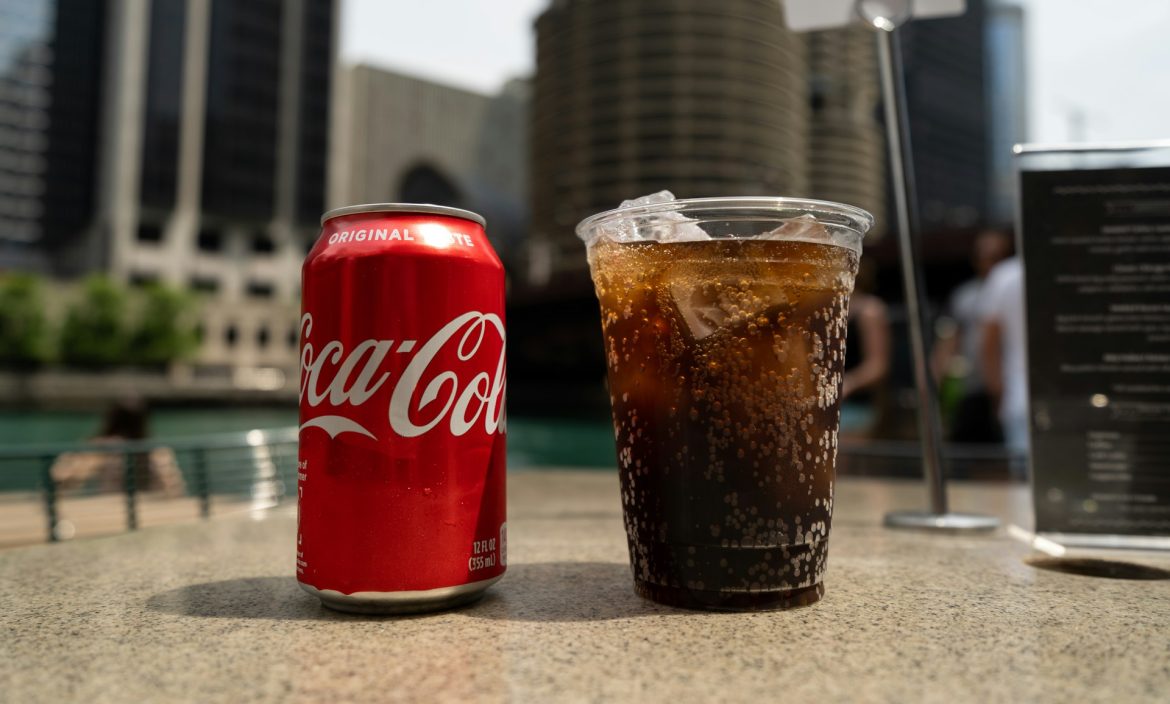A Tax Reform That Reshapes the Beverage Industry
Since 1 March 2025, France has enforced a revamped version of the so-called “soda tax,” introducing a simplified but more impactful structure under the framework of the 2025 Social Security Financing Bill. The move has triggered significant disruption across the soft drinks sector, leading to sharp price increases. According to a study by Nielsen released on 13 May 2025, the average price of sugary drinks has surged by 10% over the past year.
Rather than tweaking the existing framework, the reform dismantles the former 15-tier system in favour of just three brackets – a simpler, but far more aggressive model. The rule is clear: the sweeter the drink, the heavier the tax.
Drinks with less than 5 kilograms of added sugar per hectolitre are now taxed at €4. Beverages containing between 5 and 8 kilograms incur a €21 tax. Anything exceeding 8 kilograms is taxed at €35 per hectolitre. These new rates have replaced the previous thresholds of €3.79, €7.30, and €17.70, marking a stark and immediate change.
From Bottles to Bills: Coca-Cola as a Case Study
This shift is perhaps best illustrated by looking at everyday consumer products. A 1.75-litre bottle of Coca-Cola, which contains nearly 100 grams of sugar, has seen its price increase from €2 to €2.30, based on Nielsen’s analysis. This seemingly modest rise highlights the direct impact the tax has had on retail pricing.
Consumers Feel the Squeeze
The market response was swift. Major food and beverage companies made no move to reformulate their products or reduce sugar content. Instead, they chose to pass the additional tax burden directly onto consumers. As a result, supermarket shelves now reflect the full force of the new regulation.
Beyond higher prices, there’s been a noticeable effect on consumer habits. Early indicators suggest a dip in sales volumes, signalling growing resistance among shoppers. While the tax aims to encourage healthier consumption, it’s clear that the immediate consequence has been financial strain on buyers.
This new pricing landscape could reshape how sugary drinks are perceived and consumed in France. Whether it leads to broader changes in manufacturing and public health remains to be seen – but for now, consumers are the ones footing the bill.



